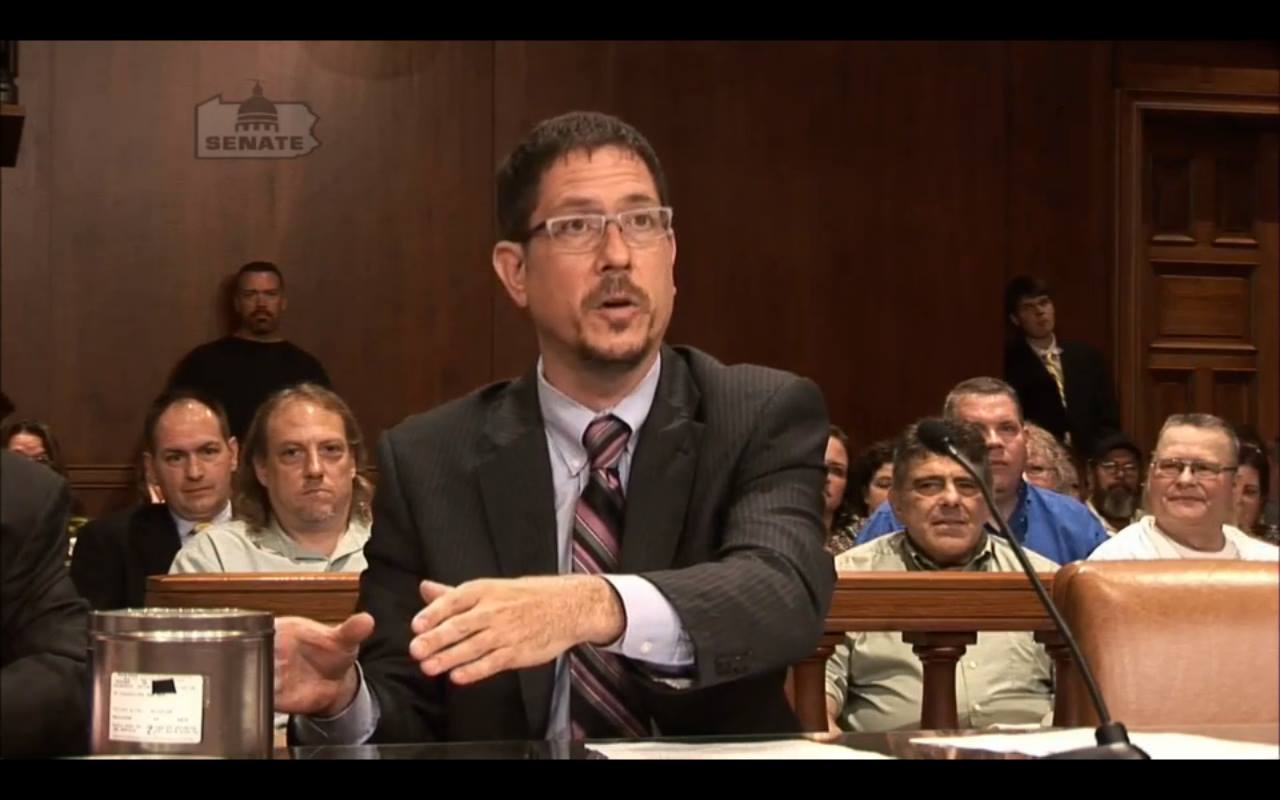Best Federal Appeal Lawyers: Getting Justice in Federal Appeals
Best Federal Appeal Lawyers: Getting Justice in Federal Appeals
Blog Article
Demystifying the Process of Federal Appeals: What You Need to Know
Browsing the detailed world of federal allures can typically feel like passing through uncharted waters for those strange with the process. Understanding the nuances of appellate court territory, the intricacies of submitting a notice of appeal, providing an engaging brief, and making a persuasive oral debate are important parts that can dramatically impact the end result of an instance. By deciphering the layers of intricacy surrounding federal charms, individuals can acquire a more clear insight right into the devices that govern this critical phase of the lawful system.
Comprehending Federal Appeals Process
Looking into the complex world of the government charms process unveils a organized and methodical journey through the judicial system - federal appeal lawyer oklahoma. Federal charms act as an essential system for reviewing choices made by reduced courts. Comprehending this procedure is necessary for anybody associated with lawful proceedings at the federal level
The procedure normally starts with a party disappointed with a reduced court's judgment filing a notice of allure. This activates a testimonial by a greater court, where a panel of judges analyzes the lawful debates offered by both parties. Briefs laying out the lawful thinking behind each party's position are sent, and oral arguments might be heard to make clear intricate problems.
The appellate court's decision is based on an extensive assessment of the lower court's proceedings and the debates offered. The judges do not focus however reexamine realities on whether legal mistakes occurred that influenced the lower court's choice. When the appellate court gets to a decision, it can attest, reverse, remand, or customize the reduced court's judgment, supplying clearness and finality to the lawful disagreement. Comprehending this procedure is essential for navigating the complexities of government allures effectively.
Appellate Court Jurisdiction Discussed

Appellate courts have jurisdiction over specific sorts of situations, normally those including lawful errors, procedural problems, or concerns of law as opposed to factual disagreements. The territory of appellate courts is generally described in laws and legislations that control the court system. Comprehending appellate court jurisdiction is important for parties entailed in the appeals procedure as it identifies whether a situation is eligible for evaluation and the level to which the appellate court can interfere in the lower court's decision.
Filing a Notice of Appeal
The initial step in beginning the federal allures process involves filing a Notice of Allure with the appropriate appellate court. federal appeals attorneys in kansas. This critical record officially notifies the court and the various other events involved in the instance that the appealing celebration intends to look for a review of the lower court's decision. Filing a Notification of Appeal is a rigorous step-by-step requirement that establishes the appellate process in activity
When preparing the Notification of Appeal, it more info here is vital to ensure compliance with the details guidelines and standards of the appropriate appellate court. The document must generally include details such as the situation name, the reduced court's name, the date of the judgment being appealed, and a concise statement indicating the premises for the allure.
When filing a Notice of Allure,Timeliness is of the significance. Missing out on the due date for sending this document can cause the allure being rejected, underscoring the importance of punctual and exact initiation of the appeals procedure. It is advisable to look for legal advice to browse the intricacies of submitting a Notice of Charm efficiently.
Instruction and Oral Argument
In the appellate procedure, presenting written briefs and participating in oral disagreements play essential roles in supporting for the appealing celebration's setting prior to the appellate court. Briefs are detailed legal papers that outline the events' arguments, lawful authorities, and analysis sustaining their placements. These created submissions give the court with an in-depth understanding of the facts of the instance, the appropriate law, and why the appealing event thinks the lower court's decision should be overturned.
Following the entry and testimonial of the briefs, oral debates offer the events a possibility to further clarify their placements, address any concerns the appellate judges might have, and emphasize bottom lines from their written briefs. Oral disagreements are a chance for the attorneys to persuade the judges via verbal advocacy and feedbacks to queries from the bench.

Receiving the Appellate Court Choice

Conclusion
Understanding the appellate court jurisdiction, submitting a notification of appeal, preparing briefs, and providing dental arguments are all vital parts of this process. Inevitably, obtaining the appellate court decision can give quality and resolution to lawful disagreements.
As we progress from comprehending the government allures procedure to studying the details of appellate court jurisdiction, a fundamental facet comes to light concerning the authority and limits of these higher courts in the lawful landscape. Appellate court jurisdiction refers to the scope of cases that a specific appellate court has the power to examine and choose upon. Unlike trial courts that listen to situations for the first time, appellate courts are limited to evaluating choices made by reduced courts. Recognizing appellate court territory is vital for celebrations included in the appeals process as it identifies whether an instance is eligible for review and the level to which the appellate court can interfere in the reduced court's decision.
Whether the appellate court attests, turns around, or remands the lower court's decision, understanding the implications of the ruling is essential for all parties involved in the appellate procedure.
Report this page